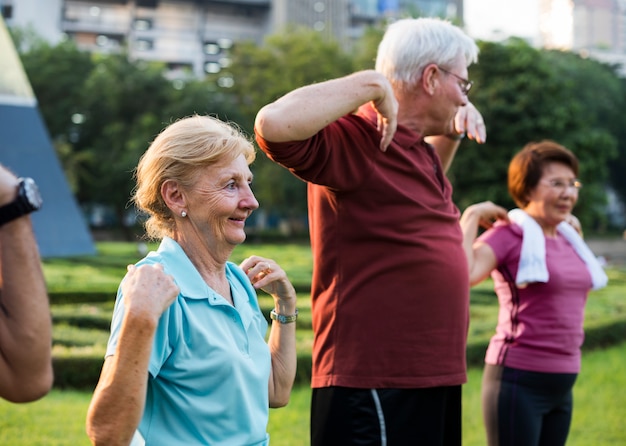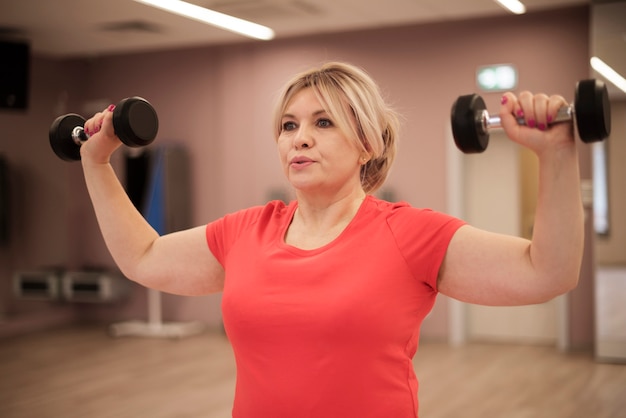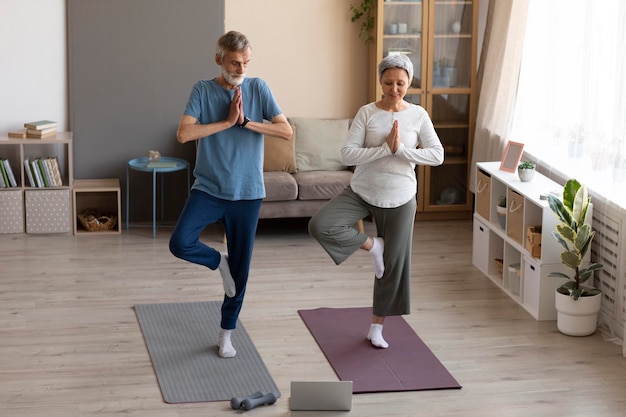As we age, maintaining energy, strength, and metabolic balance becomes increasingly important—especially for seniors managing thyroid health. The thyroid gland plays a crucial role in regulating metabolism, body temperature, and energy levels. When it's underactive (hypothyroidism) or overactive (hyperthyroidism), daily fatigue, weight changes, and muscle weakness can become common challenges.
The good news? Regular, well-structured physical activity can support thyroid function, improve circulation to the gland, reduce inflammation, and enhance overall well-being. This comprehensive senior fitness checklist is designed specifically with thyroid support in mind, offering coach-style guidance, proper form cues, and easy modifications to keep movement safe, effective, and sustainable.
Exercise increases blood flow, which helps deliver oxygen and nutrients to the thyroid gland. It also supports hormonal balance by reducing stress hormones like cortisol, which can interfere with thyroid function. For seniors, consistent movement combats muscle loss, improves mood, and enhances sleep—all of which are critical when managing thyroid conditions.
However, overexertion can stress the body and worsen symptoms, especially in hypothyroidism. That’s why a balanced, gradual approach is key.

Use this checklist as a weekly guide. Aim for 3–5 sessions per week, adjusting intensity based on how you feel each day. Always warm up for 5–10 minutes and cool down afterward.
Coach Tip: Keep movements small and mindful. If you feel dizzy, stop and breathe deeply.
Cardio boosts circulation and supports metabolic function without overtaxing the system.
Form Note: Keep your spine tall, shoulders relaxed, and breathe steadily. Avoid holding your breath.
Modification: Seated marching or arm cycling if standing is uncomfortable.

Muscle mass supports metabolism, which is often slowed in thyroid conditions.
Coach Tip: Perform 1–2 sets of 10–12 reps. Focus on form over speed.
Form Note: Engage your core slightly, keep movements slow, and avoid locking joints.
Stretching reduces muscle stiffness and promotes relaxation, helping manage stress-related thyroid fluctuations.
Modification: Use a strap or towel for seated stretches if you can’t reach your feet.
Thyroid imbalances can affect coordination. These exercises build confidence and prevent falls.
Coach Tip: Practice near a wall or sturdy surface. Even 30 seconds per side makes a difference.
Stress management is vital for thyroid health. Deep breathing activates the parasympathetic nervous system, reducing cortisol.
| Day | Activity |
|---|---|
| Monday | Warm-up + Cardio + Strength + Stretch |
| Tuesday | Warm-up + Balance + Breathing |
| Wednesday | Rest or gentle walk + stretching |
| Thursday | Warm-up + Cardio + Strength + Stretch |
| Friday | Warm-up + Balance + Breathing |
| Saturday | Gentle walk or water exercise |
| Sunday | Rest + mindfulness practice |
Supporting your thyroid through fitness doesn’t require intense workouts. Consistency, mindfulness, and proper form matter far more. Listen to your body—some days you may have more energy than others, and that’s okay. Celebrate small wins, stay hydrated, and pair your routine with a nutrient-rich diet for optimal results.
This checklist is a sustainable, empowering tool to help you feel stronger, more energized, and in tune with your body—naturally supporting your thyroid every step of the way.

Wellness

Wellness

Wellness

Wellness

Health

Wellness

Health

Fitness

Health

Wellness

Wellness

Wellness

Health

Fitness

Health

Health